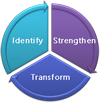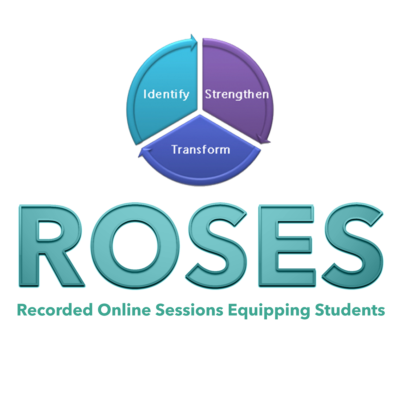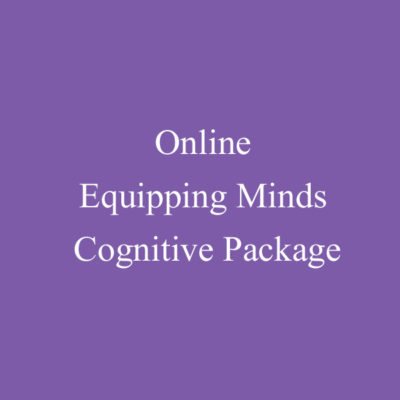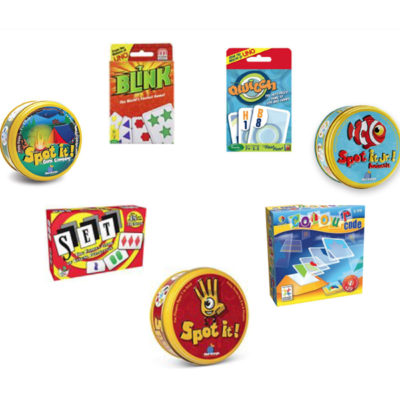Just as I have monitored my physical health and modified my lifestyle to improve and maintain my well being as I’ve aged, I have also become interested in improving and preserving my cognitive skills. As long as I live, my goal is to live well, and so, after learning of Carol Brown’s cognitive development program, I contacted her.
I enrolled with three friends in a 12-week cognitive exercise program designed specifically for adults. As an experiment, the objective was to compare what could be done with the mature adult mind versus that of the struggling student, with the common goal of enhancing the quality of life. Our commitment was to meet for an hour, five days a week to perform cognitive skills exercises with our coach.
This multifaceted course also required daily independent practices, which consisted of a short set of physical exercises, sound therapy, and “cognitive homework” exercises. The group setting provided the benefits of healthy competition, socialization, accountability, and support.
Cognitive Skills Exercises
The processing speed exercises, such as Blink, were helpful given that I work many projects with strict deadlines. Thinking quickly and clearly while making good decisions under pressure is critical to my professional performance. Though the game is designed to stretch and strengthen one’s cognitive capacity, playing Blink with friends did not seem like “exercise” or “work” to us.
Working memory, spatial awareness, and the ability to visualize location and direction are skills that are crucial in performing complex tasks, such as understanding and remembering directions while traveling to remote areas for screenings and speaking engagements. Again, the games involved in enhancing these functions felt like time with friends and not necessarily “work.”
Auditory learning has become very important as my eyesight has begun to diminish, so the ability to hold and recall auditory information was a great skill for me to develop. Learning to transpose what I hear into a mental image has enhanced my ability to recall the information later.
My auditory processing and phonemic awareness has improved with the use of sound therapy. In combination with the exercises, the result was an enhanced ease of memorizing poetry and Scriptures—two of my favorite cognitive pastimes.
Visual memory improvement has been the biggest surprise for me. Having previously lost the ability to recognize faces, distinguish colors, and hold mental “pictures” of information, I had experienced a great reduction in my ability to recall information—i.e. to “remember things.” Amazingly, however, I found that working the puzzles had generalized to other areas of my life. The puzzles, which often provided cues to the solution process, helped to develop my ability to “see” where I left my keys, a file folder, or other various objects. Simply put, it has reduced the hassle of “finding stuff.” Looking for my keys in particular was at least a daily event. Today it is a rare occurrence.
Logic and reasoning exercises, like Extreme Tic Tac Toe and Set, did not feel like learning sessions, but the results were as if they had been. I now have enhanced abilities to recognize patterns and to observe and assess quickly—both great skills for a clinician.
Reading comprehension exercises utilized literature excerpts like Aesop’s Fables, one of my favorite genres, to build skills in recalling both visual and auditory information. The primary result seen was not having to re-read items repeatedly in order to recall and apply them to a present situation.
Vestibular screening is conducted by testing the ability to balance on one leg. Prior to the loss of my depth perception I taught yoga. My favorite pose was “The Tree” – balancing on one leg. I had not taught or done “The Tree” for years. I can now do “The Tree” for short periods of time, and I can enjoy again the practice of yoga with my improved balance. More importantly, though, the improved vestibular balance has decreased the risk of falling.
Our formal cognitive development classes have ended, but my friends and I continue to gather weekly to play our games, share stories, and hold each other accountable. We like to formulate hypotheses about what else we could do to increase the complexity of what we’ve learned so we may continue enhancing and preserving the quality of our lives as we age.
This has been a commitment of time and money for each of us toward the goal of living well by serving God and serving others. It has been a worthwhile journey.
Audrey Powell



